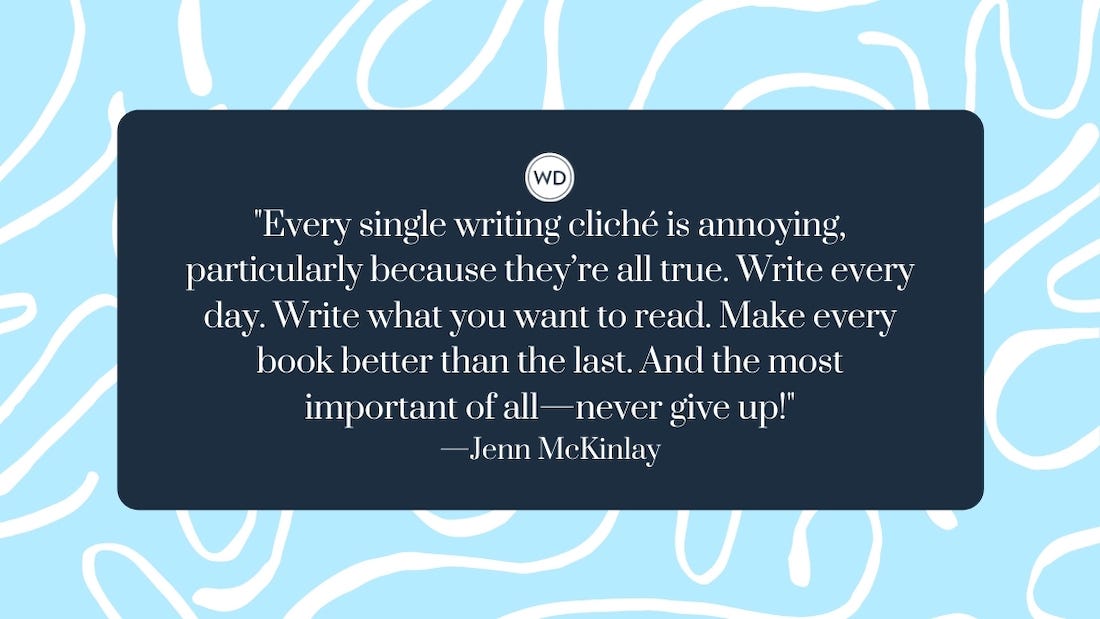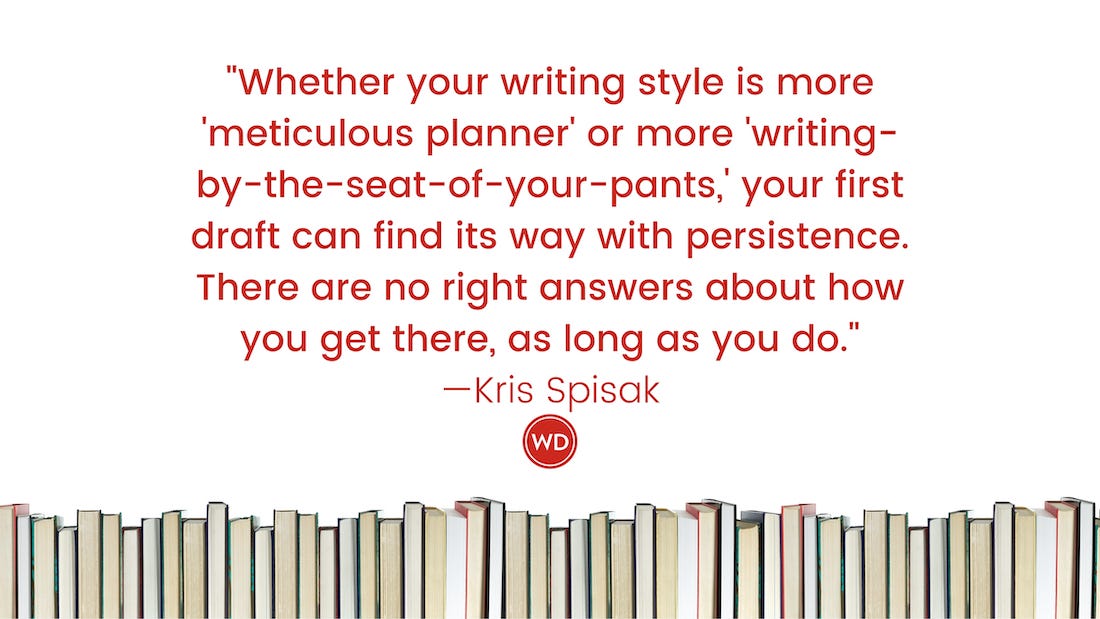A Checklist for Developing Your Hero and Heroine
Answer the following questions for each of your main characters to help figure out how each one fits in your novel. by Leigh Michaels
Answer the following questions for each of your main characters. It’s usually most productive to take one character at a time, but if you run into difficulty answering the questions about one, try switching over to the other for a while.
As you answer the questions, look for points of agreement and disagreement between the characters. For instance, if he’s from a big family and she’s from a small one, how might that create problems?
• What is this character’s name?
• What is her age and birth date?
• What does she look like?
• What is her astrological sign? Does it matter to her?
• What are her parents like?
• Does she have brothers and sisters?
• How important are her family relationships?
• Where does she live? (Urban? Small town? Rural?)
• Why did she choose to live there?
• Does she live in an apartment? House? What type or style? Did she choose the residence, and why?
• Does she live by herself? With others?
• What are her important material possessions?
• What are her hobbies?
• What is her education?
• What is her job? How does she feel about her work?
• Is this a long-term career or just a job?
• What does she want to be doing in 20 years?
• If she has unexpected free time, what does she do?
• How does she feel about the opposite sex?
• What is her relationship status? Single? Divorced?
• Does she have children?
• Who is her best friend? Why?
• Who is her worst enemy? Why?
• How would a former date describe her?
• What one event has made her who she is today?
• How does that turning point in the character’s life relate to the other main character in the story?
• What trait does she have that she wants to keep secret from the world?
• What does she like most about her life?
• What does she dislike most about her life?
• What would this character die to defend?
• What are her most likable and unlikable traits?
• As the story begins, what is her main problem?
• What does she do that makes this problem worse?
• Who is this person’s love interest?
• What qualities in the other main character are most attractive to this person?
• What is her ideal happy ending?
• What reaction do you want readers to have to her?
• Why should the reader care about her?
Did your discoveries about your characters surprise you? Do you feel more prepared to write about these people? Do you have more insight into how they might act or how they’ll behave under stress or pressure?
One final note: Now that you know this information, you might be tempted to work it all into your story. But just because you know something about a character doesn’t mean your readers need to know it. Select only those facts that best illustrate the person—the ones that have a strong impact upon the story—to share with readers, and leave the rest out.
Excerpted from On Writing Romance © 2007 by LEIGH MICHAELS, with permission from Writer’s Digest Books.
Want to write better romance scenes and develop stronger characters? Consider:
On Writing Romance
Become a WD VIP and Save 10%:
Get a 1-year pass to WritersMarket.com, a 1-year subscription to Writer's Digest magazine and 10% off all WritersDigestShop.com orders! Click here to join.
Also check out these items from the Writer's Digest's collection:
Writer's Digest You Can Write A Romance
Writer's Digest No More Rejections
Writer's Digest The Wealthy Writer
Writer's Digest The Craft & Business Of Writing
Writer's Digest Weekly Planner
Writer's Digest How to Land a Literary Agent (On-Demand Webinar)
Writer's Digest Magazine One-Year Subscription
Writer's Digest 10 Years of Writer's Digest on CD: 2000-2009
This article appeared in the May/June issue of Writer's Digest.Click here to order your copy in print. If you prefer a digital download of the issue, click here.
Leigh Michaels is the author of On Writing Romance.









